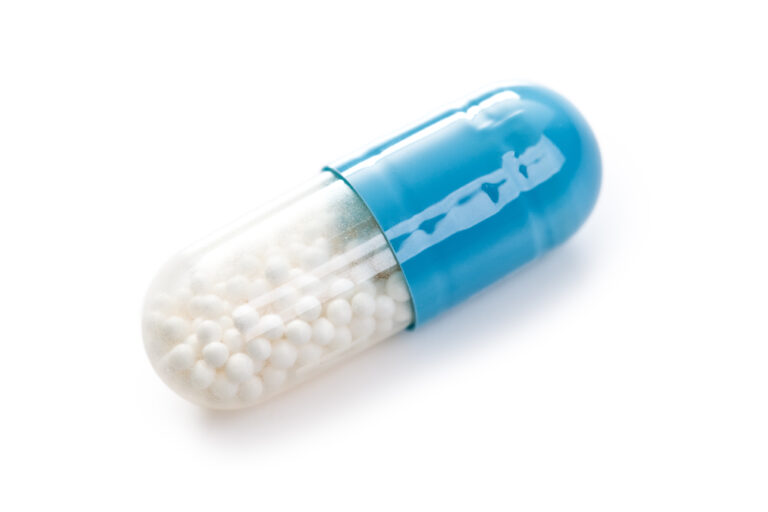Being a teenager is a different and particular phase of life; therefore it’s critical that your adolescent receives the best level of care possible. Every day, the number of drug and alcohol addiction cases among teenagers increases. It has become a global issue, and unfortunately, the United States is no exception. Although weekly therapy and counseling sessions can be incredibly beneficial, some teenagers require a higher degree of attention in order to achieve their mental health objectives. There are many different treatment options available at Glendora Recovery Center, our intensive outpatient program for teens is one of the most successful recovery programs available, with a number of advantages. Keep reading to know more about the benefits of our IOP program for teens.
Privacy
When looking for teen treatment programs, one of the most important considerations for teens is privacy. Many adolescents find it difficult to accept that they have a problem with drug dependence, mental health issues, or any other adversity. In some cases, this will result in a feeling of embarrassment. Despite the fact that they have nothing to be embarrassed about. In order for teenagers to accept any type of rehab program or therapy, it is necessary to protect their sense of privacy. One of the key advantages of intensive outpatient programs is this. Teenagers’ privacy will be maintained while they receive the care they require to begin the recovery process.
Many IOPs also include flexible schedule choices, such as evening and weekend visits, so your teen won’t have to miss school or extracurricular activities to attend the program. Your teen won’t have to explain absences to their friends, family members, or teachers this way. Teenagers can also contact their treatment team at any time without having to go through their parents or visit a treatment facility.
Getting To Know New People
Teens may also benefit from group therapy as an additional source of support during their treatment. A mental health practitioner, such as a psychologist or counselor, leads group therapy sessions, which normally have 5–15 participants. Teenagers can interact with others in similar situations, share their experiences, and develop healthy coping skills to deal with life’s obstacles during group sessions. Members of the group can motivate your child throughout their IOP.
Additionally it’s easy for family and loved ones to feel cut off when a loved one is suffering from an addiction or going through a strict recovery program. There may not always be a method to contact them which creates a stressful situation for everyone which does not help the recovery process at all. Intensive outpatient programs, on the other hand, ensure that you never lose contact with your loved ones.
Comprehensive, Well-Structured, And Adaptable
Treatment that is comprehensive and tailored to the individual. Even the most vulnerable children, especially those who haven’t had access to high-quality care, can benefit from intensive outpatient programs. Your kid will be able to engage with a team of expert clinicians to develop a tailored treatment plan based on their specific needs and preferences during their treatment program. To ensure successful and long-term rehabilitation, Glendora Recovery Center focuses on tailored, empathy- and compassion-based treatment approaches.
Your teen will benefit from an intensive outpatient program since it will provide structure without interfering with their everyday routine. From the comfort and privacy of their own home, your kid can engage with specialist doctors, addiction professionals, and mental health providers from the comfort and privacy of their own home, even if you don’t live near a treatment center. Individual, group, and family therapy are commonly used in IOP treatment, with many programs combining individual, group, and family therapy.
It Is Less Expensive
One of the most significant disadvantages of inpatient treatment programs is that they are more expensive than outpatient choices. IOP is a cost-effective treatment alternative for those who cannot afford the exorbitant fees of inpatient recovery programs. An intensive outpatient program falls midway between a standard outpatient and an inpatient treatment program. As a result, teenagers will be able to enjoy the benefits of inpatient care at a cost that is comparable to outpatient care. This may make it easier for many families to afford the care that their teen needs to get on the road to recovery. Because doctors provide specialized services in a controlled atmosphere, intensive outpatient treatment is beneficial in treating drug and alcohol addiction problems.
The Supportive Program You Need
Parents should keep an eye on their teen’s moods and behaviors to look for indicators of mental illness in order to offer a safe, supportive atmosphere at home. Our team at Glendora Recovery Center is eager to assist people who are battling with addiction in making room in their lives for treatment. If your teen is having trouble with their mental health, it’s critical that you offer them the help they need. Mental health problems and addictions can be devastating if left untreated.
At Glendora Recovery Center, we provide the most intensive outpatient treatment in Los Angeles, and our health professionals handle every detail. To schedule an appointment, call us at (626) 594-0881.




